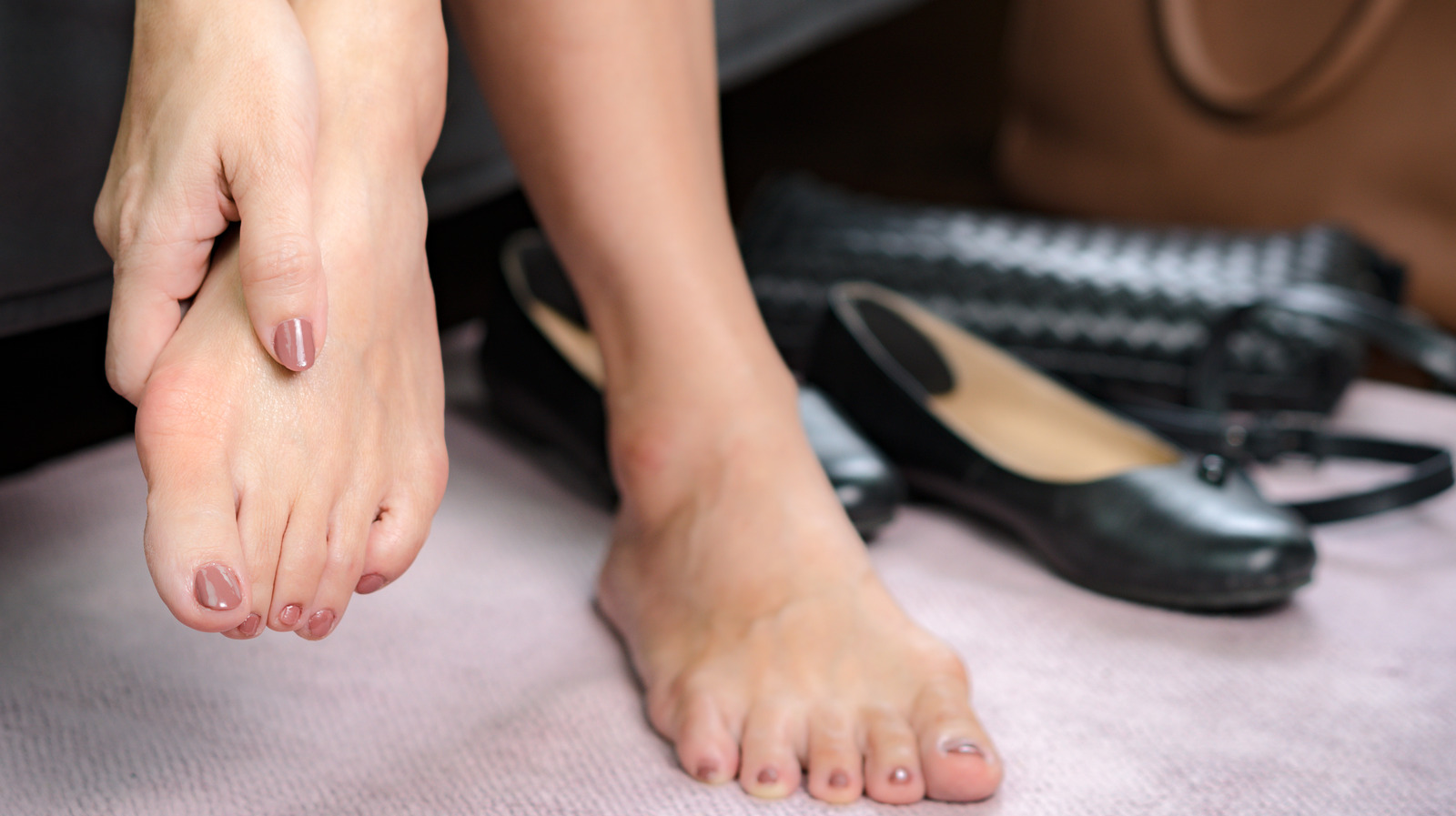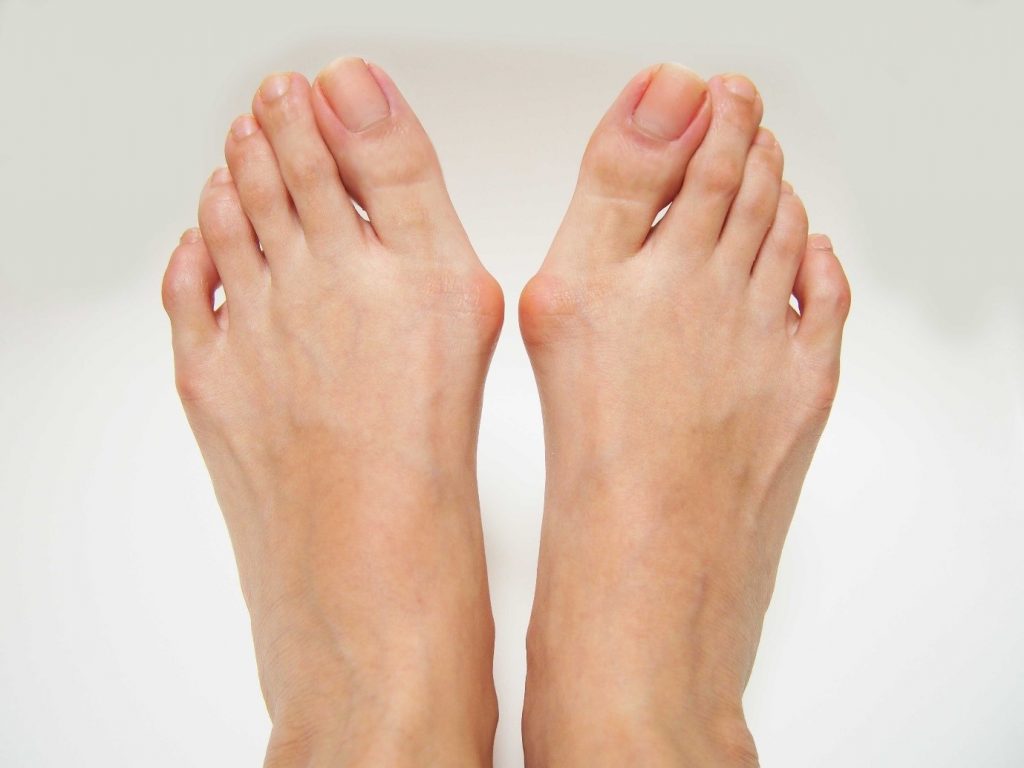Let’s face it, finding the perfect pair of shoes can sometimes feel like searching for a needle in a haystack. Shoes that are too small might seem like a temporary fashion trade-off, but the effects can be far-reaching and detrimental to your overall foot health. In this article, we will explore what happens when you wear shoes that are too small, shedding light on the potential problems, real-world stories, and actionable tips for choosing the right footwear.
The Importance of Shoe Fit
Shoe size is more than just a number—it plays a crucial role in comfort, performance, and health. According to the American Podiatric Medical Association (APMA), ill-fitting shoes can lead to painful conditions such as bunions, calluses, and even long-term structural changes in the foot (APMA).
Let’s examine why wearing shoes that are too small can kick off a cascade of unfortunate foot-related issues.
Understanding the Anatomy of the Foot
Before diving into the consequences, it’s essential to understand how our feet function. The foot consists of 26 bones, 33 joints, and more than 100 ligaments and muscles. This complex structure is designed for mobility, shock absorption, and support.
How Shoes Affect Foot Health
Shoes provide protection and support, but if they are too small, they can compress the bones and tissues of the foot. The result? Pain, discomfort, and potentially serious health issues that could limit your mobility and enjoyment of life.
The Consequences of Wearing Small Shoes
1. Common Foot Problems
There are various foot problems that can arise from wearing shoes that are too small. Let’s break them down:
- Bunions: A painful bony bump at the base of the big toe, bunions form when the foot is squeezed into narrow shoes.
- Blisters and Calluses: Repeated friction in small shoes leads to the formation of painful blisters and thickened skin areas.
- Neuroma: Morton’s neuroma is a nerve condition that can occur from compression, resulting in sharp pain and discomfort.
- Hammer Toe: This deformity occurs from pressure on the toes, leading to a curling position that can be painful and unsightly.
2. Impact on Overall Posture
Wearing small shoes impacts not only your feet but also your entire body’s alignment. Flat feet or high arches can be exacerbated by improper footwear, resulting in poor posture and back pain. Over time, this misalignment may lead to problems ranging from lower back pain to knee and hip issues.
3. Athletic Performance Decline
For athletes, wearing shoes that don’t fit can significantly impact performance. A study published in the Journal of Sports Science found that athletes experienced reduced agility and increased risk of injury when fitted with shoes that were too small. The shoes restrict movement and can lead to quick fatigue.
4. Emotional and Psychological Effects
Fashion lovers might wear small shoes for the sake of appearance, but it can lead to discomfort and frustration. The struggle to balance style and comfort can have emotional ramifications, causing anxiety and self-consciousness in social settings. Engaging in footwear trends should never come at the expense of personal well-being.

Real-World Footwear Experiences
Let’s take a look at some real-life stories that highlight the importance of choosing the right shoe size.
Case Study 1: Jessica, the Fashionista
Jessica always believed in the mantra that “fashion is pain.” She frequently wore shoes one size smaller than her usual fit to maintain that chic, streamlined look. Over time, she developed blisters and a noticeable bump on her foot, which led her to seek medical advice. After a consultation with a podiatrist, she learned that her choice of footwear was not only damaging but could lead to chronic problems. Jessica’s story serves as a cautionary tale for all fashion enthusiasts.

Case Study 2: Mark, the Weekend Athlete
Mark was an avid weekend runner who wanted to look good while hitting the trails. He purchased a pair of trendy running shoes that were too small, believing they would stretch over time. After just a few runs, he started feeling sharp pain in his toes and was diagnosed with Morton’s neuroma. Mark’s experience underscores the importance of prioritizing comfort and fit in athletic footwear.
Comparison Table: Footwear Fit vs. Foot Health
| Footwear Fit | Small Shoes | Well-Fitted Shoes |
|---|---|---|
| Pain Level | High | Low |
| Long-term Foot Health | Poor | Good |
| Performance | Decreased | Optimal |
| Style & Comfort | Compromised | Balanced |

Tips for Choosing the Right Footwear
Now that we understand what happens if you wear shoes that are too small, let’s look at some tips to ensure you pick the perfect fit:
1. Measure Your Feet Regularly
Foot size can change over time. It’s advisable to measure your feet every time you shop for shoes. This is especially important if you haven’t purchased footwear in a while. Remember to measure both feet, as one foot is often slightly larger than the other.

2. Try Shoes On at the End of the Day
Your feet swell throughout the day, making late afternoon the best time to try on new shoes. Make sure you have ample space in the toe box and that there is no pinching.
3. Walk Before You Buy
Don’t hesitate to walk around the store to get a feel for the shoe. If you feel discomfort after just a few paces, the shoe is likely too small or poorly designed.

4. Use Professional Fitting Services
Many shoe retailers offer professional fitting services. This can be incredibly beneficial as trained staff can help identify the perfect fit for your specific foot shape and requirements.
Product Highlights: Best Footwear Brands for Comfort
Comfort should always be a priority. Here are a few footwear brands known for their comfortable, well-fitted shoes:
- New Balance: Known for their great cushioning and ample toe box, ideal for runners and casual wear.
- Skechers: Offers a wide range of styles with memory foam insoles that mold to the foot.
- Birkenstock: Famous for their arch-supporting sandals, perfect for warm weather and casual outings.
- Clarks: Offers smart, stylish options with emphasis on comfort and foot support.

Pros and Cons of Wearing Small Shoes
Understanding the potential advantages and disadvantages can help you make informed decisions about your footwear choices.
Pros
- Can be stylish and trendy.
- May fit certain narrow foot types.
- Short-term use may be acceptable for specific occasions.

Cons
- Increased risk of foot injuries.
- Chronic pain and discomfort.
- Long-term foot deformities.
- Impact on overall health and posture.
FAQs: Frequently Asked Questions about Small Shoes
1. What size shoes should I wear if my feet swell?
It’s recommended to choose a size that accommodates the larger foot and allows room for swelling, especially during warmer months or after prolonged standing activities.
2. How can I stretch my small shoes?
Shoe stretchers can help expand the material, and wearing thick socks while walking around the house can also aid in slight stretching of the shoe.
3. Can wearing small shoes lead to arthritis?
While not a direct cause of arthritis, improper footwear can contribute to joint stress and may worsen existing conditions over time.
4. Should I always buy shoes with a little extra room?
Yes, it’s advisable to have about a thumb’s width of space in front of the longest toe to ensure comfort and allow for foot expansion.
5. What are the signs my shoes are too small?
Signs include persistent pain in the feet, blisters, numbness, and difficulty in walking comfortably.
6. How often should I replace my shoes?
Depending on usage, shoes should generally be replaced every 300-500 miles for athletic footwear and every 6-12 months for casual shoes.
7. Can small shoes affect my gait?
Absolutely. Ill-fitting shoes can alter your natural gait, leading to further complications up the kinetic chain, including knee and hip issues.
8. Are there any special shoe types for wide feet?
Yes! Brands like New Balance and ASICS offer wide-fit options specifically designed to accommodate broader foot sizes.
9. What should I look for in a shoe for standing long hours?
Choose shoes with good arch support, cushioning, and a roomy toe box. Shoes designed for standing or walking, like clogs or specialized work shoes, are ideal.
10. Is it okay to wear shoes that are slightly snug?
While a snug fit can feel secure, it should never be painful. A small amount of snugness is acceptable, but if discomfort or pain occurs, it’s time to reevaluate the size.
11. Do shoe materials affect fit?
Yes, different materials have varying stretch properties. Leather will stretch more over time compared to synthetic materials, which might hold their shape more rigidly.
Conclusion: Choose Comfort Above All
Ultimately, wearing shoes that are too small can lead to a plethora of issues that go beyond simple discomfort. From foot health problems to long-term structural changes, the consequences are significant. Prioritizing proper fit not only enhances comfort but also prevents many potential health complications. Your feet are your foundation—treat them well, and they’ll carry you far!